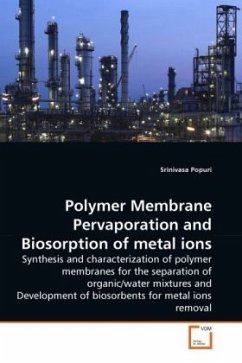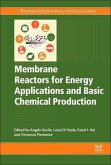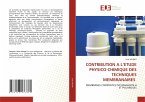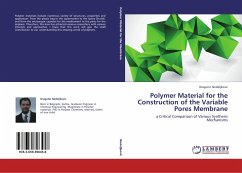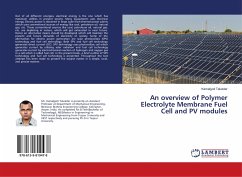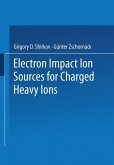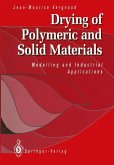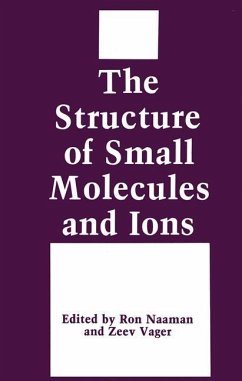More recently the conventional separation methods have been supplemented by membrane processes due to its advantages. Membrane pervaporation is now widely recognized as an effective technique for the separation of close boiling/azeotropic mixtures, and industrial solvents. The first part of this thesis describes the pervaporatiove separation of various organic solvent/water mixtures by using polymeric and biopolymeric blend membranes. Various characterization techniques were applied to study the interactions of blending polymers, crosslinking, thermal and mechanical properties of the membranes. The membranes were extensively studied their performance for the dehydration of various solvents by changing their feed composition, permeate pressure and membrane thickness. The search for new technologies involving the removal of toxic metals from waste water has directed attention to biosorption. The second part of this work describes the use of low-cost biosorbents (algae, saw dust andchitosan) for the removal of metal ions (copper and nickel) from aqueous solutions. Kinetic and batch studies were conducted to evaluate the sorption capacity of the biosorbents.
Bitte wählen Sie Ihr Anliegen aus.
Rechnungen
Retourenschein anfordern
Bestellstatus
Storno

